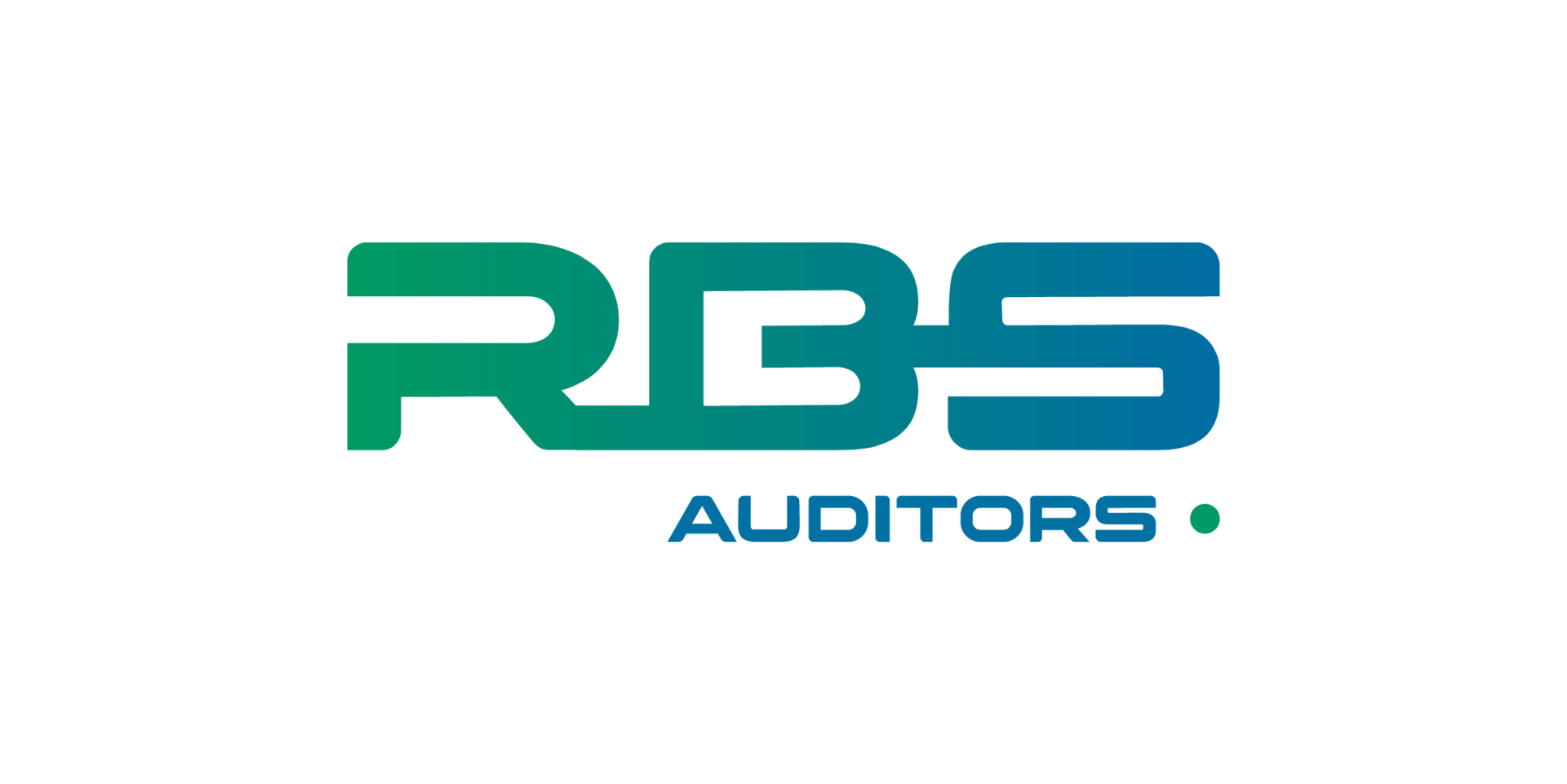
Free zone auditing is an essential process for UAE companies to ensure compliance with the respective regulatory bodies. Reviewing financial accounts and other essential documents to ensure correctness and compliance with applicable rules and regulations is part of the process. The process is carried out by an independent Dmcc Free Zone Approved Auditor who reviews the company's financial statements and reports to regulatory bodies. In this blog post, we will explore the UAE Free Zone auditing process in detail.
Why is free zone auditing necessary?

Free zone auditing is necessary to ensure UAE companies comply with laws and regulations. The process helps auditors in Dubai identify any errors, omissions, or fraudulent activities in the company’s financial statements and accounting records. It also helps ensure company financial statements are accurate and reliable.
Who requires free zone auditing?
Free Zone auditing is required for all companies registered in the UAE Free Zones. Companies must comply with regulatory bodies and maintain their UAE license.
What are the benefits of Free Zone auditing?
Free Zone auditing has several benefits, including:
1. Ensure the financial statements’ correctness and dependability.
2. Identifying errors, omissions, or fraudulent activities.
3. Ensure compliance with applicable laws and regulations.
4. Maintaining the company’s UAE license.
5. Improve company credibility and reputation.
What is the process of Free Zone auditing?
The process of a Free Zone audit involves the following steps:
Planning:
The auditor meets with company management to discuss audit objectives, scope,
and timelines.
Fieldwork:
The auditor reviews the company’s financial statements, accounting records, and
other critical documents. The auditor also conducts interviews with company employees to
gather additional information.
Reporting:
The auditor prepares a report summarizing the audit findings. The report includes recommendations for improvement and areas of concern.
Follow-up:
The auditor follows up with company management to ensure the recommendations are implemented.
What are the challenges of Free Zone auditing?
Free zone auditing can be challenging, especially for companies new to the UAE. Some of the challenges include:
Language barriers: Many companies in the UAE have employees who speak different languages. This can make auditor communication challenging.
Cultural differences: The UAE is a multicultural country, and companies may have different cultural norms and practices. The auditor must know these differences to conduct an effective audit. Lack of understanding: Some companies may not fully understand the audit process, which can lead to confusion and delays.
Conclusion
Free zone auditing is an essential process for UAE companies to verify compliance with applicable laws and regulations. It involves reviewing financial statements and other critical documents to ensure accuracy and compliance. It has several benefits, such as improving the company’s credibility and reputation. Companies should take the audit process seriously and work closely with their auditors to ensure a successful outcome.
Where to look for your auditing requirements in the UAE?
A full-fledged professional team with training and expertise in accounting, Professional auditing, taxation, management consulting, and business advisory services makes up the staff of RBS Auditors, one of the top accounting, tax, and auditing businesses. We are a leading service provider of the Best Auditing Services in Dubai with a fully qualified professional team equipped to assist clients with managing their risks and Improving their operations.





